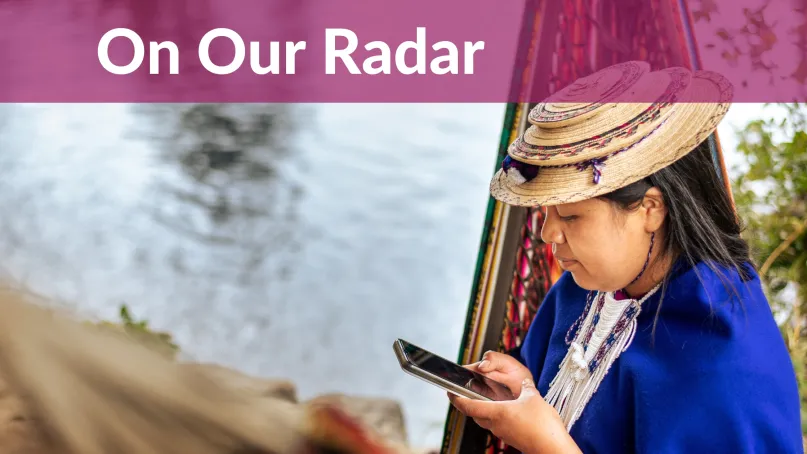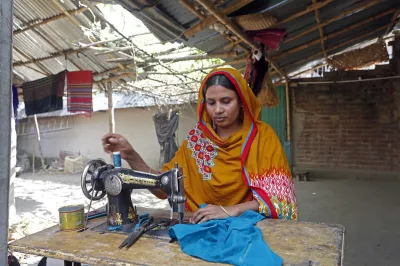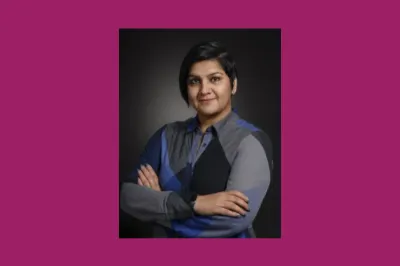On Our Radar: February 2024

An updated take on "What We're Reading". The FinEquity team brings you a curated list of women's financial inclusion and economic empowerment content we've been consuming recently, from podcasts, new initiatives and articles to videos and social posts.
On Our Radar
Gender Bonds Toolkit for Africa
Gender bonds are a promising tool for financing projects aimed at reducing gender inequalities and supporting women’s empowerment, similar to other sustainable bonds like Green or Social bonds. They enable both corporate and sovereign issuers to focus capital on gender equality goals and improve transparency and accountability in spending, while attracting investors interested in gender-lens investing. Although the issuance of Gender bonds has been increasing globally, African markets have seen the lowest rates of issuance. This toolkit provides guidance for the design and issuance of Gender bonds in Africa.
Challenges and Opportunities for Kenyan Women From the Gig Economy in the Digital Age
Africa's gig economy, notably Kenya, is on a rapid ascent with a 20% annual growth, with projections of 80 million gig workers by 2030. Yet, only 28% of these are women, hindered by limited technology access, societal norms, safety concerns, and a digital skill gap. In this blog MicroSave discusses these challenges and the resilience of Kenyan women, offering insights into sustainable solutions for digital literacy and inclusive policies. It's a deep dive into how we can bridge the digital divide for a fair work future.
The WBL Index: Fueling Sub-Saharan Africa's Gender Equality Through the Power of Data
The inequalities faced by women in Sub-Saharan Africa (SSA) span various domains: education, economic participation, healthcare, and societal norms. This article takes a deep dive into data that provides a clear painting of the challenges faced by African women and the remarkable progress made by Sub-Saharan Africa despite these hurdles, according to the World Bank Gender Data Portal, UN Women, and the World Bank's “Women, Business, and the Law” (WBL) index.
How Gender Norms Constrain Women's Economic Resilience to Climate Change Challenges in Nigeria
This report presents the findings of qualitative assessments conducted on inequitable norms that restrict women’s capacities to build economic resilience to climate change challenges in Nigeria. The study sought to answer the following question: What gender norms prevent women from building economic resilience to climate change challenges in agri-food systems and to what extent do these discriminatory biases exist at different institutional levels?
Increasing Women’s Financial Inclusion and Closing the Women’s SME Credit Gap In Rwanda Through Enabling Financial Policy and Regulation
In 2021, the World Economic Forum ranked Rwanda as the seventh-best country in closing gender gaps. The Government of Rwanda has set the target of achieving full financial inclusion by 2024 and has been making positive progress in closing the gender gap with only eight percent of women excluded compared to seven percent for men. This report outlines how Rwanda aims to close the women's SME credit gap through enabling financial policies and regulations.
Enhancing Women’s Financial Resilience Through Mobile Money: Somalia
A new learning brief from World Food Programme (WFP) shares lessons learned on enhancing women's financial resilience through mobile money in Somalia. This one of three recently released learning briefs including Jordan and The Caribbean, that share practical lessons when accelerating digital financial inclusion and women’s economic empowerment through cash transfers programmes.


